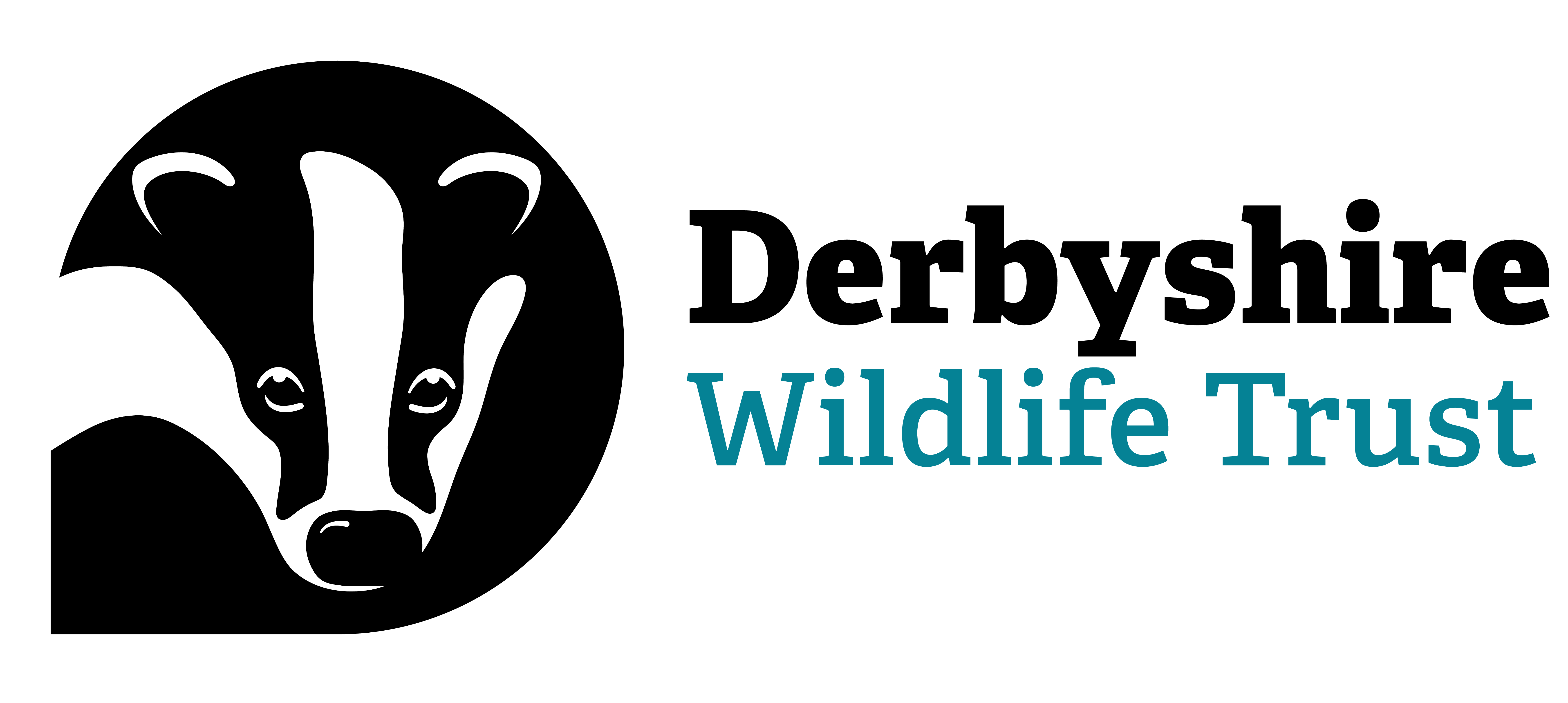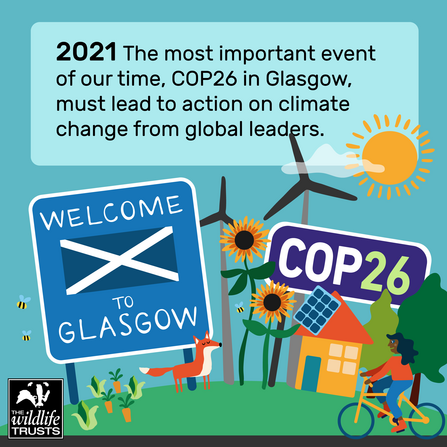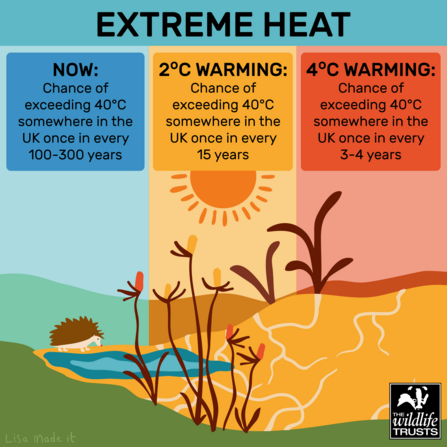There were three key outcomes we wanted to see:
- A set of national policies from all countries to keep 1.5C within reach.
- Leadership from the UK government, demonstrating the right approach at home.
- Financial investment. Agreement that nations will invest in high quality nature-based solutions to the climate crisis.
Here's what we think of the outcomes so far.


